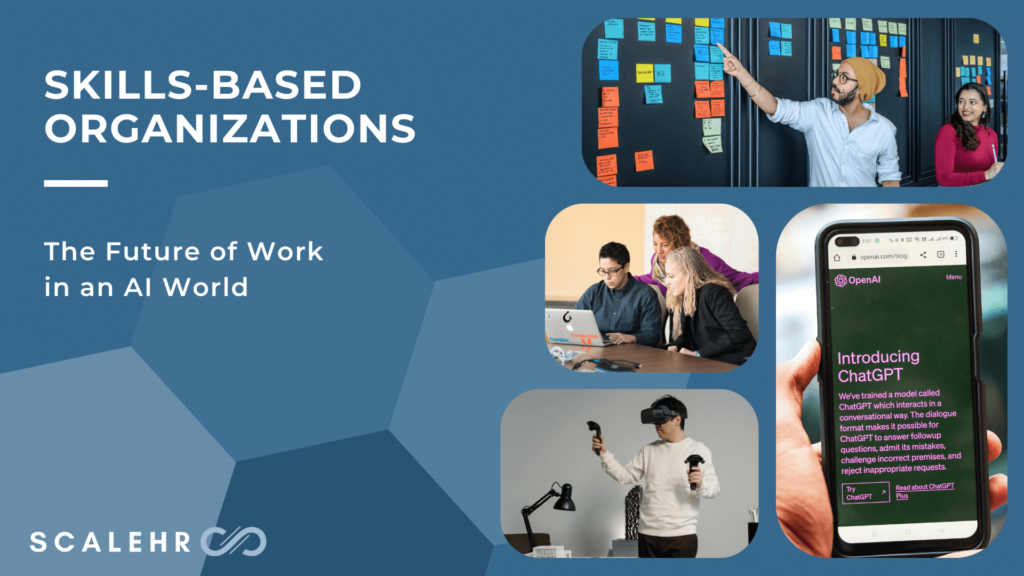In our latest Unmuted Podcast episode, “Skills-Based Organizations: The Future of Work in an AI World”, with Jonathan Braunstein, we delve into the transformative impact of artificial intelligence on the workplace. As AI continues to evolve, it is reshaping how organizations operate, emphasizing the importance of skills over traditional job roles. You can watch the full episode below.
Top Learnings from the Podcast Episode
The Shift from Job Roles to Skills: One of the key takeaways from the episode is the shift from traditional job roles to a focus on skills. As AI automates routine tasks, the value of specific skills becomes more pronounced. Organizations are increasingly looking for employees who possess a diverse set of skills that can be applied across various functions. This shift is not just a trend but a fundamental change in how work is structured and executed. It allows for greater flexibility and responsiveness to market changes, as employees can be redeployed to different projects based on their skill sets.
Continuous Learning and Adaptability: In a rapidly changing AI-driven world, continuous learning and adaptability are crucial. The episode highlights the importance of fostering a culture of lifelong learning within organizations. Employees need to be encouraged to continuously update their skills and adapt to new technologies and methodologies. This can be achieved through various means such as online courses, workshops, and on-the-job training. Organizations that invest in their employees’ development are more likely to retain top talent and stay ahead of the competition.
The Role of AI in Enhancing Human Capabilities: Rather than replacing human workers, AI is seen as a tool to enhance human capabilities. The podcast discusses how AI can take over mundane tasks, allowing employees to focus on more strategic and creative aspects of their work. This symbiotic relationship between AI and human skills can lead to greater innovation and productivity. For instance, AI can handle data analysis, freeing up human workers to interpret the data and make strategic decisions. This collaboration between AI and humans can result in more efficient and effective outcomes.
Personalized Career Development: AI can also play a significant role in personalized career development. By analyzing data on employee performance and skills, AI can provide tailored recommendations for career growth and development. This personalized approach helps employees to identify and acquire the skills needed for future roles. It also allows organizations to better understand their workforce’s strengths and weaknesses, enabling more effective talent management. Personalized career development plans can lead to higher employee satisfaction and retention rates.
The Importance of Soft Skills: While technical skills are essential, the episode emphasizes the growing importance of soft skills in an AI-driven world. Skills such as critical thinking, creativity, emotional intelligence, and collaboration are becoming increasingly valuable. These skills enable employees to work effectively with AI and other technologies. For example, critical thinking is necessary to interpret AI-generated insights, while emotional intelligence is crucial for managing the human aspects of change brought about by AI. Organizations that prioritize soft skills development are likely to see better team dynamics and overall performance.
Redefining Organizational Structures: The rise of skills-based organizations is leading to a redefinition of traditional organizational structures. Hierarchical models are being replaced by more flexible and dynamic structures that prioritize skills and collaboration over rigid job titles and departments. This shift allows for more agile and responsive organizations that can quickly adapt to changes in the market or technology landscape. Teams are formed based on the skills required for specific projects, leading to more effective and innovative solutions. This new structure also promotes a more inclusive and collaborative work environment.
Ethical Considerations and AI: The episode also touches on the ethical considerations surrounding AI in the workplace. It is crucial for organizations to address issues such as data privacy, bias in AI algorithms, and the impact of automation on employment. Ethical AI practices are essential for building trust and ensuring the fair and responsible use of technology. Organizations must establish clear guidelines and policies to govern the use of AI, ensuring that it is used in a way that benefits all stakeholders. This includes regular audits of AI systems to check for biases and transparency in how AI decisions are made.
The Role of Leadership in Skills-Based Organizations: Leadership plays a critical role in the transition to skills-based organizations. Leaders must be forward-thinking and open to change, fostering a culture that values continuous learning and adaptability. They need to set the tone from the top, demonstrating a commitment to skills development and ethical AI practices. Effective leaders will also need to be skilled in managing diverse teams and leveraging the unique strengths of each team member. By doing so, they can create a more innovative and productive work environment.
The Impact on Recruitment and Talent Management: The shift to skills-based organizations also has significant implications for recruitment and talent management. Traditional resumes and job descriptions may become less relevant as organizations focus more on the specific skills and competencies required for success. Recruitment processes will need to be adapted to assess candidates’ skills more effectively, possibly through skills assessments or practical tests. Talent management strategies will also need to evolve to ensure that employees are continuously developing the skills needed for future roles.10. The Future of Work and AILooking ahead, the future of work in an AI-driven world will likely be characterized by even greater emphasis on skills and continuous learning. As AI technologies continue to advance, the demand for new skills will only increase. Organizations that can successfully navigate this transition will be well-positioned to thrive in the future. This will require a proactive approach to skills development, a commitment to ethical AI practices, and a willingness to embrace new ways of working.
Conclusion
The future of work in an AI world is undoubtedly skills-based. As organizations navigate this new landscape, focusing on skills rather than job roles will be key to staying competitive and innovative. By fostering continuous learning, enhancing human capabilities with AI, and prioritizing soft skills, organizations can thrive in this evolving environment.Don’t miss out on the full discussion! Watch the episode here and join us as we explore the future of work in an AI-driven world.









